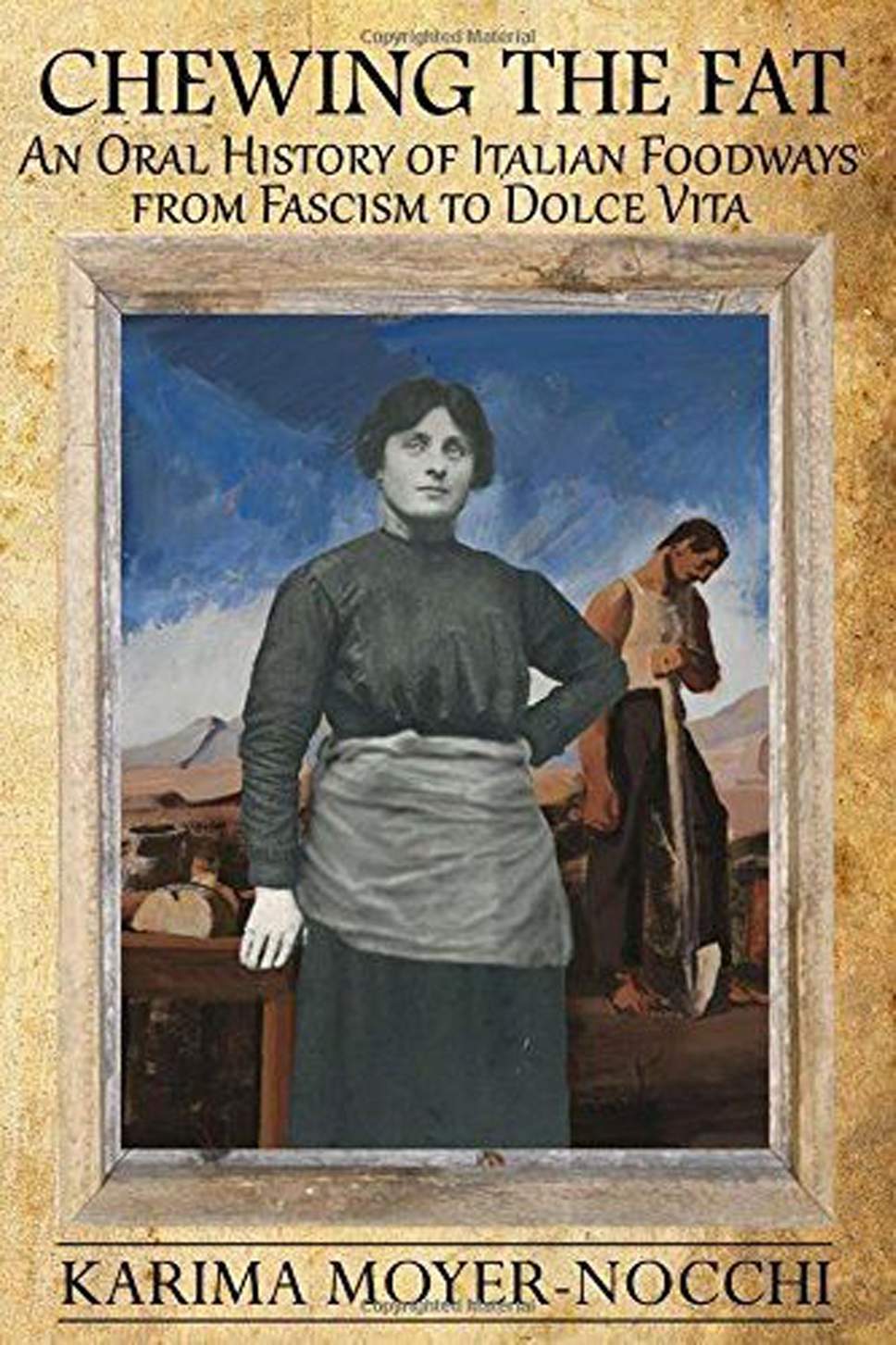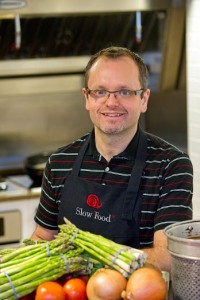By Spencer Pauley, Managing Editor
Fat and fascism, those two things don’t seem to go together at first, but author Karima Moyer-Nocchi proved otherwise with a presentation on Sept. 19.
Moyer-Nocchi’s presentation was specifically on the influence of food during the fascist era. She talked about how nostalgia is used in selling Italian food. She calls it a “gastronomic time-travel.”
“The indulgences for this gastronomic time-travel comes with a price. One that has us shovel seven, nine, and 11 dollars for a small bag of beans while seemingly similar beans lacking the romantic biography cost just one dolla,” Moyer-Nocchi said.
But the time these packages refer to is actually seen as a lowlight in Italian history: the Mussolini-runned era of Italy. Moyer-Nocchi traveled throughout Italy to talk with 18 women who lived during this era and asked them for their opinions on food and what it was like during that time. Her conversations with these women built up to her book “Chewing the Fat: An Oral History of Italian Foodways from Fascism to Dolce Vita.”
Moyer-Nocchi’s presentation also extended into Italy now and how they react to their history of fascism. Many Italians avoid bringing up the subject and it takes a toll on family life; they avoid discussions on it with their older relatives who lived during the Mussolini era.
“Families tend to not listen to their old people, there is a silencing going on.” Moyer-Nocchi said. “So when there’s a researcher coming into their house that wanted to hear their stories, there were finally family members around listening to their story and in the spotlight.”
Moyer-Nocchi is an author, but is also a tenured professor at the University of Siena, located in Italy. Along with “Chewing the Fat: An Oral History of Italian Foodways from Fascism to Dolce Vita,” Moyer-Nocchi is releasing a new book, “The Eternal Table: A Cultural History of Food in Rome,” in March, 2019.
Professor of health and human kinetics, Christopher Fink, introduced Moyer-Nocchi before her presentation. After it was finished he wrapped it up with some suggestions for student in the health and human kinetics field.
“This spring we’re going to be doing a project as well so if (food and fascism) sounds like something for you, you’ll have the freedom to use this for it,” Fink said.


